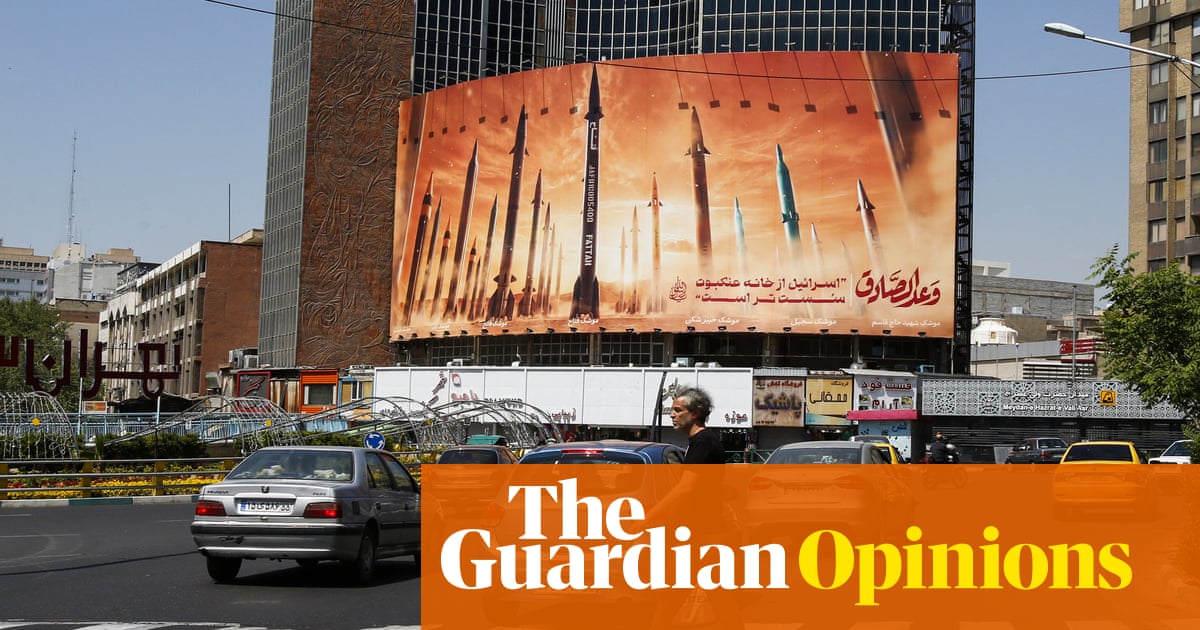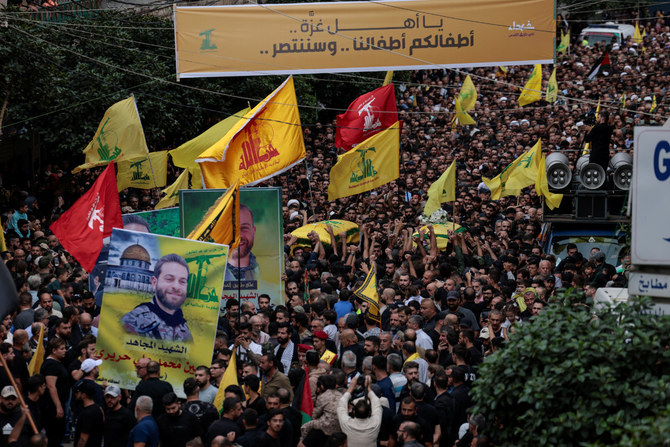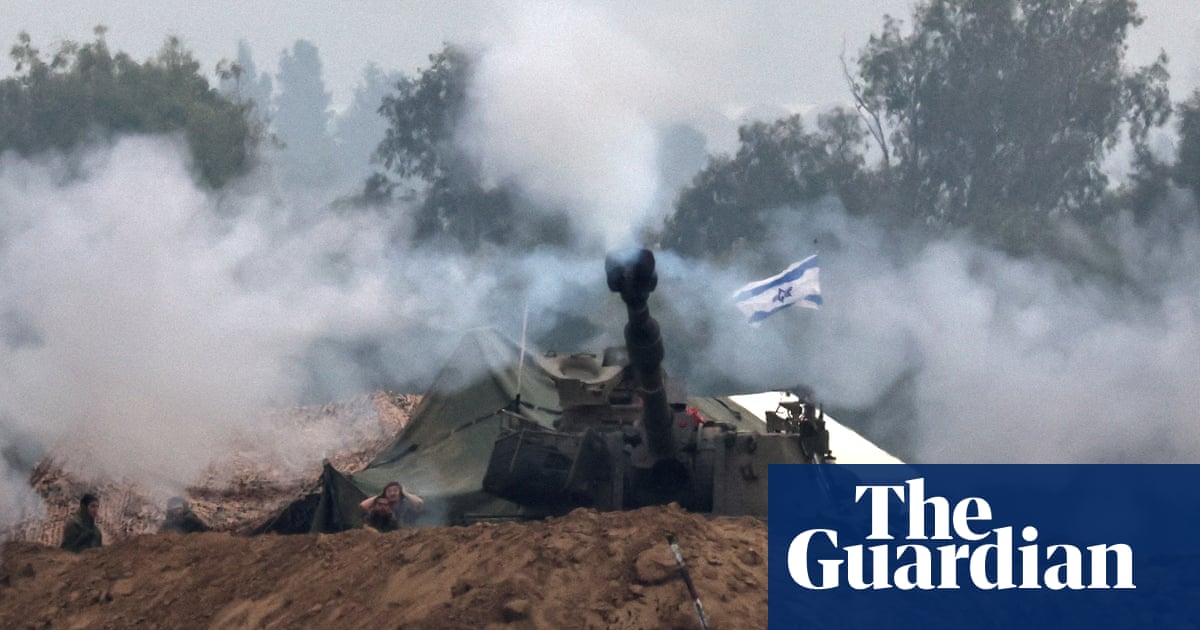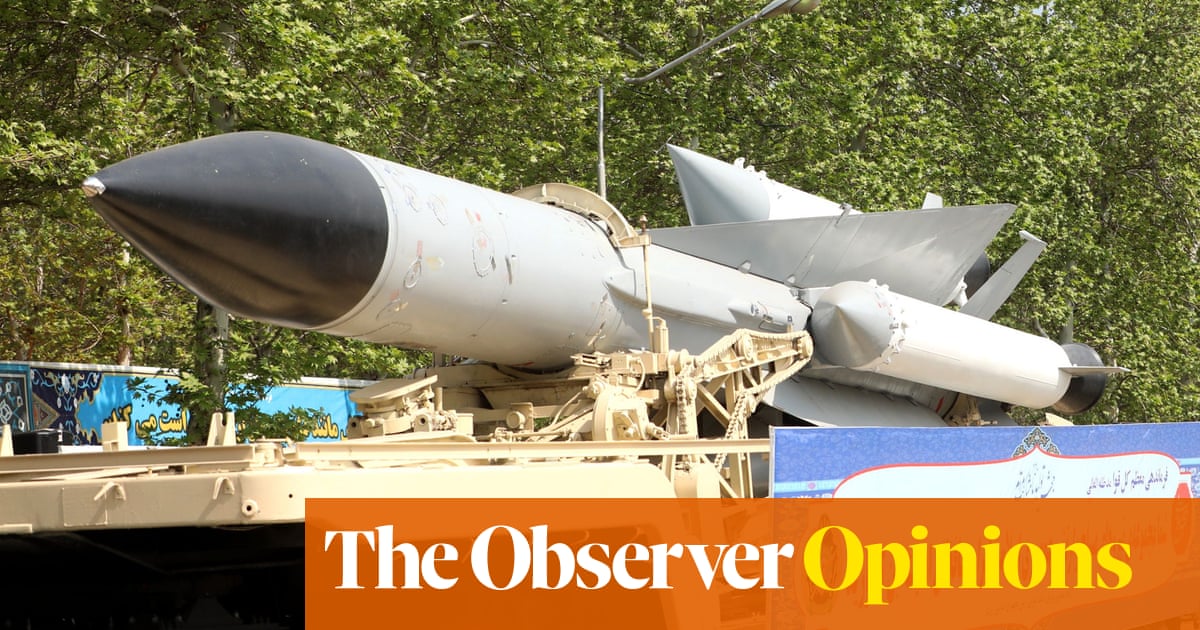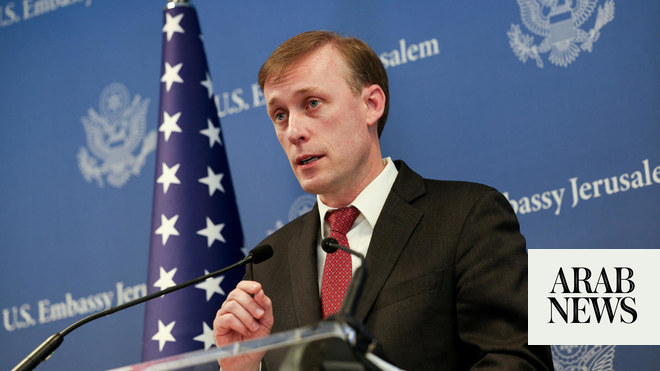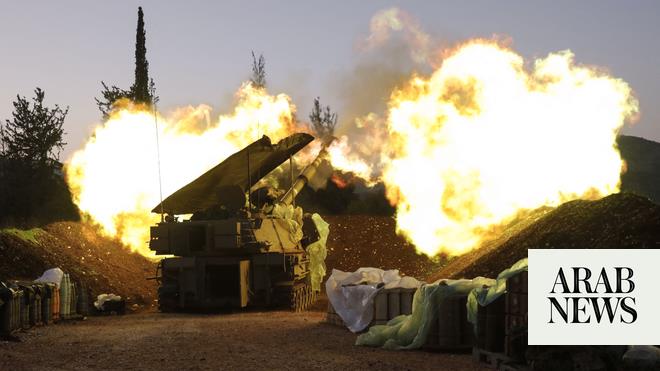
The eyes of the world are, understandably, on the war in Ukraine but, at the same time, the conflict between Israel and Iran is intensifying.
A missile attack by Iran’s Islamic Revolutionary Guard Corps on what they claimed to be an Israeli “strategic center” in the Iraqi Kurdish city of Irbil last week is further evidence of this and might have dire consequences.
The reason for this is not only the attack itself but the fact that Iran has very publicly claimed responsibility for it. This might signify a change of heart among at least some Iranian decision-makers, who are now prepared to directly confront Israel and not only restrict themselves to acts of aggression for which they believe they have plausible deniability that will not implicate Tehran.
In the aftermath of the barrage of Iranian missiles that hit a target in Irbil, Lebanese TV news channel Al-Mayadeen, which is linked to the Iran-backed Hezbollah, announced that Iran’s action was unrelated to the presumed killings by Israel of two IRGC members in Syria the week before, as was initially assumed, but was instead retaliation for an alleged Israeli drone attack in February that caused substantial damage to the Iranian drone fleet near Kermanshah in western Iran.
According to some reports, hundreds of drones are thought to have been destroyed in this attack. This most probably hurt Iranian pride as much as its military capability and added to its sense of insecurity and vulnerability after some high-profile assassinations of the country’s top nuclear scientists, constant hits from Israeli air attacks in Syria, relentless cyberattacks, and having its nuclear archive stolen and taken to Israel.
Thus far in the confrontation between the two countries there has been a fairly clear-cut separation between a very public diplomatic spat, in which no vitriolic superlatives have been spared, and actual harm, in which the actions taken have, with the odd exception, remained within the realm of plausible deniability.
But by attacking what it claimed to be an Israeli security and intelligence headquarters in Iraqi Kurdistan and immediately taking responsibility for it, Iran is departing from convention. This might signal that future hostilities will become more frequent and be accompanied by triumphalist statements, which would only lead to further escalation.
There is a genuine danger that military operations will become influenced not only by security concerns, which themselves are not free from miscalculation, but, worse, will be influenced or even surpassed by other domestic political considerations and overtaken by a propaganda war that is mired in wounded pride.
The events in Irbil add another tier to a war between these two major antagonists whose interests clash across the region and beyond. Halting Iran’s nuclear program is far from being a top priority only in Israel; it is a goal that has a consensus across the entire region and far beyond. It is generally agreed that should the current, belligerent regime in Tehran develop nuclear military capability it could leverage this to further the destabilizing policies it is already pursuing in the region.
In Israel’s overall battle with Iran, Kurdistan is an invaluable ally, both geographically and politically.
Yossi Mekelberg
Over the past few weeks we have learned the harsh lesson of the effects of a regime, Russia, going completely rogue, ignoring established international standards of behavior, including the laws of war and international humanitarian law, using conventional weapons to invade another country, and at the same time threatening to employ its nuclear arsenal to deter intervention in support of the country whose sovereignty it has violated with acts of extreme brutality — including the merciless targeting and murder of civilians.
Who can guarantee that a nuclearized Iran will not follow the same playbook? What is mainly a weapon of deterrence or last resort has proven to be an enabler of large-scale atrocities by means of conventional weapons. As a result, the efforts to prevent Iran from acquiring such capabilities are not without very powerful justification.
Israel’s presence in autonomous Iraqi Kurdistan is part of its overall strategy to contain Iran. According to various reports, the ties between these two political entities are not new and in the post-Saddam Hussein era, strong political, military and economic links have been strengthened.
It has been reported that Israel was actively involved in intelligence gathering soon after the 2003 war, while also training Kurdish forces and supporting the Iraqi-Kurdish demand for independence. There is a mixture of common strategic cooperation and genuine mutual sentiments shared by two nations that have struggled for a long time to achieve self-determination, and also a strong sense of affinity between two small minorities.
Last year, a conference held in Irbil attended by more than 300 Iraqis and a number of Israelis demanded the normalization of relations between Baghdad and Israel. In Israel’s overall battle with Iran, Kurdistan is an invaluable ally, both geographically and politically.
What should worry Israel and its Gulf Cooperation Council allies is Iran’s ever-increasing use of drones, which was the main motivation for last month’s raid on Kermanshah. In most cases Iran prefers to use proxies to stage its assaults, as was the case with the attack on Saudi Aramco oil installations, and supplies drones to the Houthis in Yemen and Shiite militias in Iraq and Syria.
One hypothesis is that Iran’s development of drone capabilities serves to compensate for its inferiority in the air in its confrontation with Israel, as has been demonstrated for years in the skies over Syria, where the Israeli air force operates almost freely against Iranian and Hezbollah targets.
Israel and Iran are entering one of the most volatile phases of their already shaky relationship at the same time the negotiations in Vienna on reviving the 2015 nuclear deal with Tehran are reaching a crucial point — talks that have become more complicated as a result of the economic sanctions imposed on Russia.
Whether a new deal with Tehran is agreed or not, the enmity between Israel and Iran will remain one of the main features in the region and Israel will remain adamant that Iran is hell-bent on developing nuclear military capability whether it signs an agreement or not.
Moreover, Iran’s presence in Syria and through proxies in Lebanon, and its support of Hamas in Gaza, mean that the ongoing drone war, cyberattacks and other clandestine operations will continue, and perhaps intensify, as was demonstrated by the incidents in Kermanshah and Erbil.
Yossi Mekelberg is professor of international relations and an associate fellow of the MENA Program at Chatham House. He is a regular contributor to the international written and electronic media. Twitter: @YMekelberg
Disclaimer: Views expressed by writers in this section are their own and do not necessarily reflect Arab News" point of view




